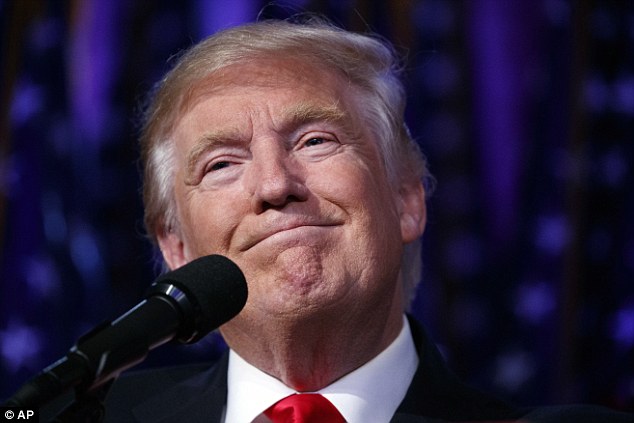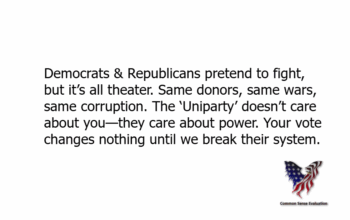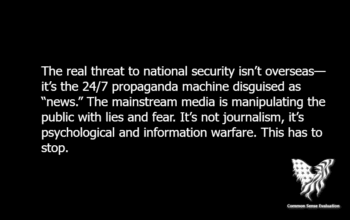Donald Trump has been President Elect for less than a week and everything is already falling into place. Both Canada and Mexico plan to renegotiate NAFTA. Mexico is considering talks about the wall and is preparing for mass deportation. Russia wants to help us destroy ISIS. China thinks our relationships will be better. The UK is very optimistic of relationships with the US. TPP was declared dead. All good things. Meanwhile, our mainstream media still hasn’t accepted the fact that he will be our next president.
Chinese state-run media lauded Donald Trump Tuesday after a phone call between him and President Xi Jinping, saying that the president-elect’s emergence could mark a “reshaping” of Sino-American relations.
The pair spoke Monday, when Xi said that the two powers needed to co-operate and Trump’s office said the leaders “established a clear sense of mutual respect for one another”.
On the campaign trail Trump frequently demonised Beijing, but questions have been asked whether his conduct in the White House will match his promises as a candidate.
Monday’s conversation was “diplomatically impeccable and has bolstered optimism over bilateral relations in the next four years”, China’s frequently nationalistic Global Times newspaper said in an editorial.
Barack Obama, whose foreign policy pivot to Asia alarmed Beijing, was “profoundly affected” by the Cold War-shaped outlook of American elites, the paper said, but Trump’s views “have not been kidnapped by Washington’s political elites”.
“Trump is probably the very American leader who will make strides in reshaping major-power relations in a pragmatic manner,” it added, saying his ideology and experience “match well with the new era”.
It was a sharp contrast to the same newspaper’s editorial the day before, which baldly warned the incoming president not to follow through on campaign-trail promises to levy steep tariffs on Chinese-made goods or Beijing would take a “tit-for-tat approach” and target US autos, aircraft, soybeans, and iPhones.
But the president-elect’s ambiguous and sometimes contradictory views on key questions on the relationship between the world’s two largest economies, including trade, the South China Sea and North Korea, have cast a pall of uncertainty over how he will manage it.
While campaigning, Trump went as far as calling the Asian giant America’s “enemy”, accused it of artificially lowering its currency to boost exports, threatened to impose tariffs of 45 percent, and pledged to stand up to a country he says views the US as a pushover.
But he also indicated he is not interested in getting involved in far-off squabbles, and decried the proposed Trans Pacific Partnership (TPP) free trade deal, which encompasses several other Asian countries and has been seen as an effort to bolster US influence, for costing American jobs.
TPP has been signed by the US but not ratified by the Senate, where its chances are seen as poor.
Tuesday’s editorial in the government-published China Daily newspaper called the Xi-Trump chat “propitious”, noting that Beijing is “understandably relieved that the exclusive, economically inefficient, politically antagonising TPP is looking ever less likely to materialise”.
Instead, Washington should consider joining the China-backed Regional Comprehensive Economic Partnership (RCEP), a free trade area encompassing the Southeast Asian grouping ASEAN, China, India, Japan, South Korea, Australia and New Zealand.
Something of a mirror image to the TPP, it includes six of the putative Washington-led grouping’s 12 members.
The Chinese in general admire strength tempered with respect, protocol and politeness. Donald Trump is well and truly capable of all that.



